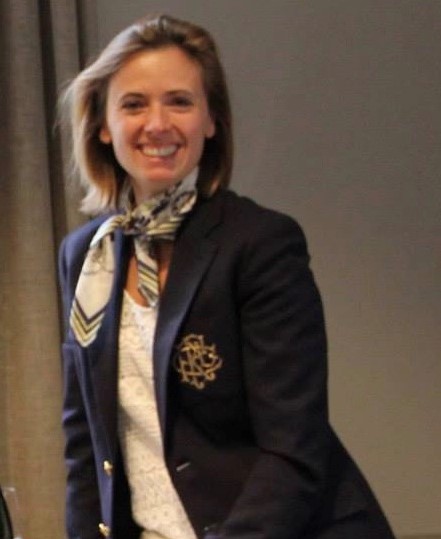Wine Business
Summer Program

When?
- July 6-17, 2020.
Why this summer program?
- Created and taught by leading professors and experts in wine business
- Exposure to skilled guest speakers
- Real-life case studies in the wine business
- Accessible to students of all backgrounds with an interest in lifestyle, gastronomy, agriculture and/or wine
- Opportunity to collaborate with peers through group work
Overview
Wine is a business like no other; it represents a delicate alchemy of nature hazards, cultural awareness and marketing challenges.
Fine wines are deeply rooted in Western civilization; at the same time, they are also a consumer good to be sold and marketed. Producing fine wine lies at the border of opposing domains. It is a lifestyle, a craftsmanship, a fascinating art – and it is also a business with tremendous potential and added-value worldwide. As a luxury product originating from the world of agriculture, the value of fine wine has recently skyrocketed.
The current period is critical to the history of fine wines due to big changes in wine consumption, as well as an increase of fine wine production throughout the world. To understand the global wine business, it becomes imperative to understand several emerging issues including competition or convergence between the so-called old and new wine worlds, the emergence of a third-world led by China, the challenge to French wine leadership, the evolution of large corporations and small independent family estates, the logic of “terroir” and branding…
Our approach to mastering the wine business leads us to focus first on primary French wine regions (Bordeaux, Bourgogne and Champagne) that create added value and offer the role of a worldwide benchmark. We will then delve into case studies from around the world.
Learning Outcomes
Upon successful completion of the program, participants will be able to do the following:
- Master value creation issues in the high-end wine business as well as savoir-vivre.
- Construct a personal and leading vision of great wines.
- Deepen your knowledge of French and European art de vivre.
- Understand the context of the wine civilization: history, fine arts, sociology and business organization.
- Grasp relevant issues in wine marketing and economics involving data, market trends, press and impact of climate change.
- Acquire technical skills including tasting and enology fundamentals, including the importance of responsible drinking.
- Gain hands-on experience through real case studies.
Assessment
Grading is based on an individual assignment and project-work prepared in groups. Groups will be invited to present their work to the whole class. Individual student participation throughout the program can also contribute to grades.
Students who successfully complete the program will earn 7 ECTS credits.*
(*) All students are encouraged to consult their home institution to validate credit transfer.